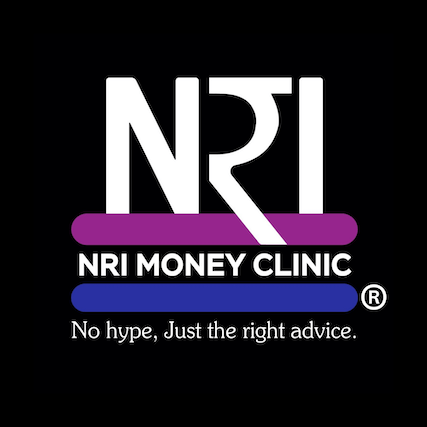Tired of saying, “Nothing works in India”?
No OTPs. No cooperation at banks. Endless red tape.
Let’s flip the script. Your next visit to India can be the most productive one yet—if you do these 8 things.
From sorting your bank accounts to checking on your parents, here’s your ultimate to-do list that will save you headaches, money, and regret later.
1. Fix Your Banking Mess—Once and For All
Still running a savings account even after becoming an NRI? That’s a FEMA violation.
Here’s what to do:
Convert your savings account into an NRO account
Open an NRE account (if you don’t already have one)
Close unnecessary accounts—keep just two with strong IT infrastructure
Complete or update your KYC with your latest passport, visa, and overseas address
Pro Tip: Have EMIs or loan payments tied to your old savings account? Ask the bank to redirect those to your NRO account.
2. Convert Your Demat & Mutual Fund Accounts to NRI Status
Still investing using your old resident demat or mutual fund accounts? That’s a compliance risk.
Convert your demat account to NRO Demat
Update your mutual fund folios to reflect your NRI status
If you’ve been using a fintech app that’s giving you trouble, now’s the time to either fix it or switch to a service provider that understands NRI needs—preferably a financial planner who can offer support when things go wrong.
3. Update Your PAN Card & Link It Properly
That old PAN card from your college days may be outdated. Common issues:
Wrong name order
Date of birth mismatch
Missing father’s name
Here’s what to do:
Visit a PAN Seva Kendra or update online
Match details across PAN, Aadhaar, Passport, and Bank Accounts
Link PAN to Aadhaar if not done
Ensure your PAN reflects your non-resident tax status
Bonus: Apply for an e-PAN for convenience.
4. Sort Out Your Aadhaar Card (Or Get One)
If you already have one—verify the details:
Name, DOB, mobile number, and address match your official documents
If you don’t have one, visit an Aadhaar Seva Kendra to apply.
Remember:
Only one name change is allowed in a lifetime
Use a valid Indian mobile number
Ensure all contact and address details are current
5. Get an Indian Mobile Number
Many services—from OTPs to bank alerts—require an Indian mobile number.
Get a postpaid SIM to avoid deactivation
Enable international OTPs through your service provider
If getting one is difficult, consider using a family member’s number for essential services.
6. Build a Relationship with a Chartered Accountant (CA)
A CA can be your financial guardian in India. They help with:
Tax returns
TDS reconciliation
PAN card and AIS checks
IT notices
Property sale documentation
NRI Money Clinic has a panel of trusted CAs if you need a referral.
7. Pay Your Property Dues and Stay Compliant
If you own property in India, check:
Society maintenance bills
Property taxes
Electricity and utility bills
Unpaid dues can block sales, cut off utilities, or lead to legal issues. Set up a service provider or local caretaker to manage it if you can’t.
8. Check on Your Parents—And Their Insurance
Observe your parents’ living conditions and financial health.
Encourage them to move to safer, service-accessible locations if needed.
Review their health insurance. A one or two lakh policy may no longer be sufficient.
If they don’t have proper coverage, consider gifting them a good health insurance plan. It protects both them and you from future financial burdens.
Final Thoughts: Add a Few Days. Fix a Few Things. Live Stress-Free Abroad.
Taking purposeful action during your India visit can make your NRI life abroad significantly more peaceful.
Next time you plan a visit, add a couple of extra days, carry this checklist, and get it done.
Your future self will thank you.
If you need help with any of the above, send us a message. Our team is here to assist you step-by-step.
https://wa.link/q8rw62


